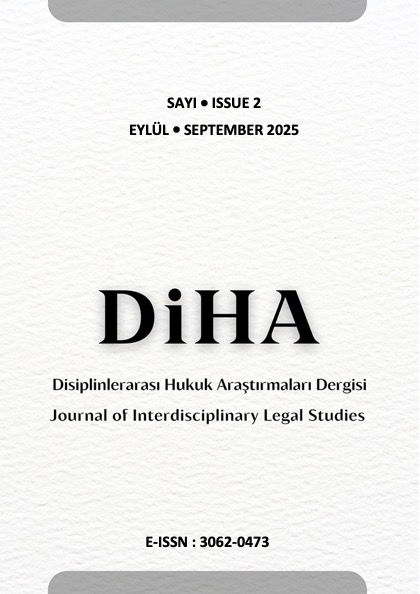Navigating Criminal Liability and Trial Procedure in Dissociative Identity Disorder: Framework and Proposals for Bangladesh
DOI:
https://doi.org/10.5281/zenodo.17035098Keywords:
DID (Dissociative Identity Disorder), Alter-in-control Approach, NGRI-DID (Not Guilty by Reason of Insanity due to DID), Preventive Theory of Punishment, Reformative Theory of PunishmentAbstract
Dissociative Identity Disorder (DID) poses significant challenges to the criminal jurisprudence of Bangladesh from both substantive and procedural dimension. The legal literature in Bangladesh has been quite silent, if not nonchalant, in addressing this issue of concern. The paper aims at bridging the gap between the existing penal laws of Bangladesh and DID patients as far as their criminal liability is concerned. It begins with shedding light on DID and the interplay between personalities living inside. Afterwards, it establishes the personhood of alter personalities through a right-duty-based jurisprudential analysis. Unlike other foreign research on this issue, it develops a new measurement framework of criminal liability for different DID conditions like mutual amnesic, unidirectional amnesic and co-conscious. Reflecting on the police interrogation phase and the evidentiary value of expert opinion, it suggests the trial procedure of DID patients in line with the Code of Criminal Procedure 1898 (CrPC 1898). Finally, it highlights an optimal outcome of such cases premised on reformative theory and recommends a few amendments in the legal architecture.

